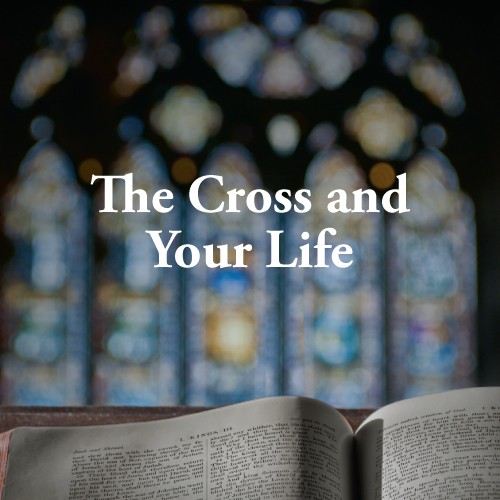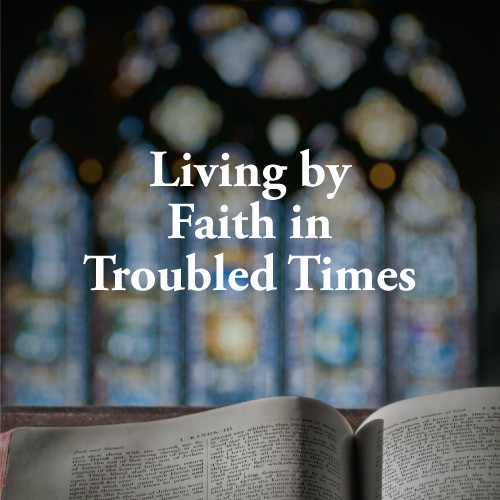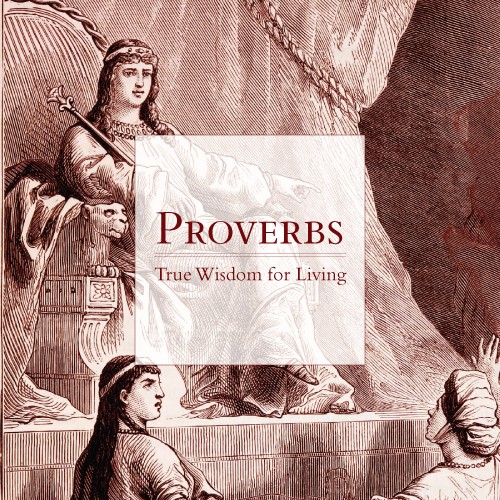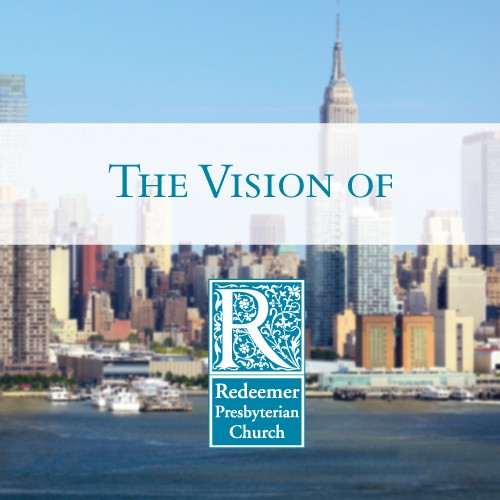
The Cross and the Temple (Palm Sunday)
Tim Keller | March 27, 1994
Overview
Jesus overturning the tables at the temple is the only recorded act of violence by Jesus we see in the Bible. To understand why, we have to answer two questions: 1) What does the temple mean? and 2) What does the cleansing of the temple mean?
Outline
Luke 19:45–20:2
After Jesus’ grand arrival in Jerusalem, shown in Matthew, Mark, and Luke, he does something bold and unexpected—he cleanses the temple in a way that is notably forceful. This unusual act of Jesus makes us wonder about its significance. To understand it, we need to grasp what the temple stands for and what it means to clean it.
1. What does the temple represent?
The temple in Jerusalem was a special place where people could meet God face-to-face, showing the beauty of a faith that says God is both personal and infinite. It was known as the home of God’s presence and the place where sins were forgiven through sacrifices. This highlights our need to deal with our own wrongdoings and unfairness. But animal sacrifices couldn’t completely clear our conscience or fully connect us with God, which is why Jesus stressed the importance of prayer and a sincere relationship with God.
2. What does the cleansing of the temple signify?
Jesus cleaned the temple to bring back its original purpose—a place to pray, not a marketplace. This puts importance on a true spiritual connection rather than just going through the motions of worship and repetitious prayers. The focus is on knowing God personally and growing deeper in relationship with Him, rather than just doing religious activities. Jesus, being the true temple and sacrifice, offers the way to know God, and those who accept Him can experience heaven’s victory over hell. But this requires giving ourselves fully to God and living out His teachings.




